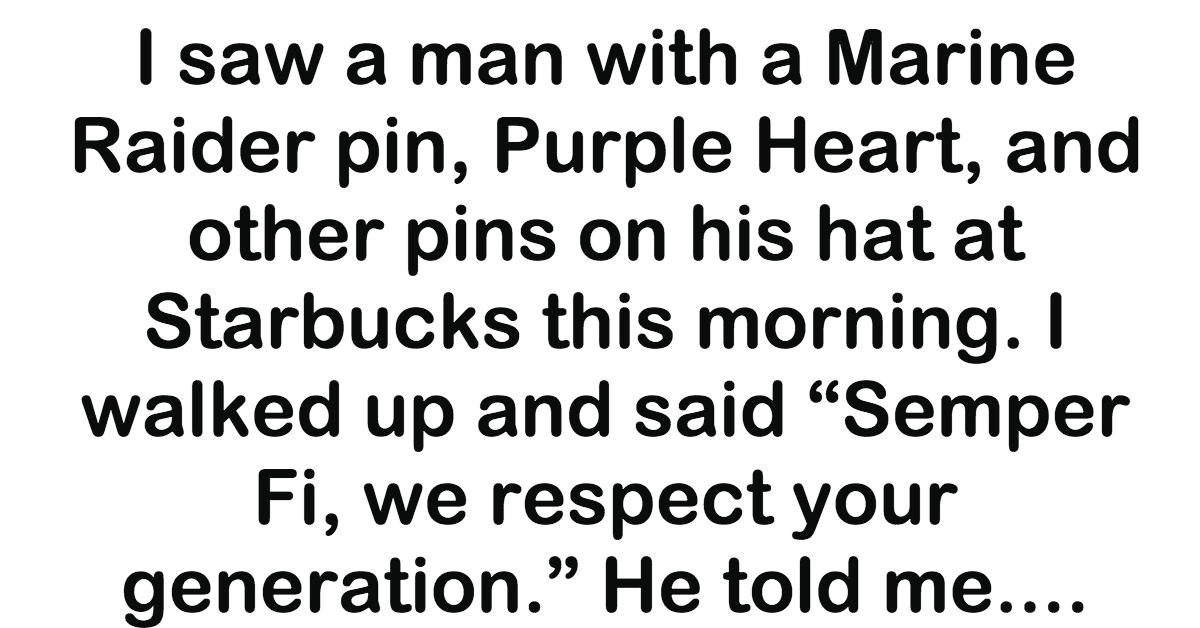We’re settling the debate with a blind taste test.
People have strong opinions about their Coca-Cola, from avowed Diet Coke drinkers, to those who won’t touch any Coke product unless it’s poured from a fountain.
In the South, Southerners swear by the superior taste of Coca-Cola in the old-school glass bottles. It’s a little harder to find than a can or plastic bottle, but you can still buy glass-bottled Coke at most major grocery stores, although it costs much more than its original five-cent price tag.
Chalk it up to nostalgia, or follow the science that says there may be some truth to its supposed purer taste, we wanted to test the theory. We conducted a blind taste test with a few of our editors in which we sampled Coca-Cola from the can, a glass bottle, and a plastic bottle, none the wiser as to which was which. While it was a close competition, one product came out on top, and it surprised us all.
How We Tested
We asked eight Southern Living editors to sample soda from three cups, marked A, B, and C. Each cup contained American Coca-Cola, but from three different original containers: a can, a plastic bottle, and a glass bottle. In the blind taste test, each editor was asked to rank the three based on preference and share any tasting notes they had.
In order to keep things as fair as possible, all three types of Coke were poured into identical paper cups. Fountain soda was not in the mix, as each company that sells soda from a fountain may use a different amount of syrup or carbonation.
All of the soda sampled in the taste test was regular American Coca-Cola, no diet or Mexican Coca-Cola included. The three sodas were all refrigerated overnight and served cold during the taste test. The containers were all opened and served at the same time (shortly after opening), to ensure carbonation wasn’t lost.
What Our Editors Thought
After tasting each cup, the editors wrote down any tasting observations they had, comparing sweetness, carbonation, and flavor for each.
The Can
Six out of eight editors felt this product was more carbonated. “It tastes like what I think Coke should taste like,” said one editor. Two other editors disagreed, finding it flatter and sweeter. “Tastes like it’s been sitting in ice for a bit,” one editor wrote.
The Plastic Bottle
Two editors described this Coca-Cola as having a metallic flavor, despite being from a plastic bottle. Many editors also felt it had more bite or fizz than the other two, with one editor thinking it tasted more “spiced” than sweet. Another editor described it as having an “almost lemony” flavor.
The Glass Bottle
The syrupy flavor was most noted about this version. “I almost thought this one was Coke Zero because of how strong it is,” wrote one editor. Another loved how sweet and syrupy it was, saying she would want to drink it with rum.
And The Winner Is…
The can! It was the narrow winner, ranking first among four editors, with three other editors preferring the bottle. Coca-Cola from a plastic bottle was ranked lowest, preferred by only one editor.
Despite fairly tight results between the glass bottle and can, many Southerners in the room were shocked to find they preferred Coca-Cola from the can. While Coca-Cola insists the formula is the exact same no matter the container it’s in, it was interesting to see how editors perceived taste differences.
The levels of perceived carbonation also varied greatly depending on the container. Scientifically speaking, glass is the most inert material, meaning it’s least likely to react and interfere with the taste of the soda.
Even if science didn’t back us up, we’d still be reaching for the glass bottle alongside peanuts as our go-to snack.



